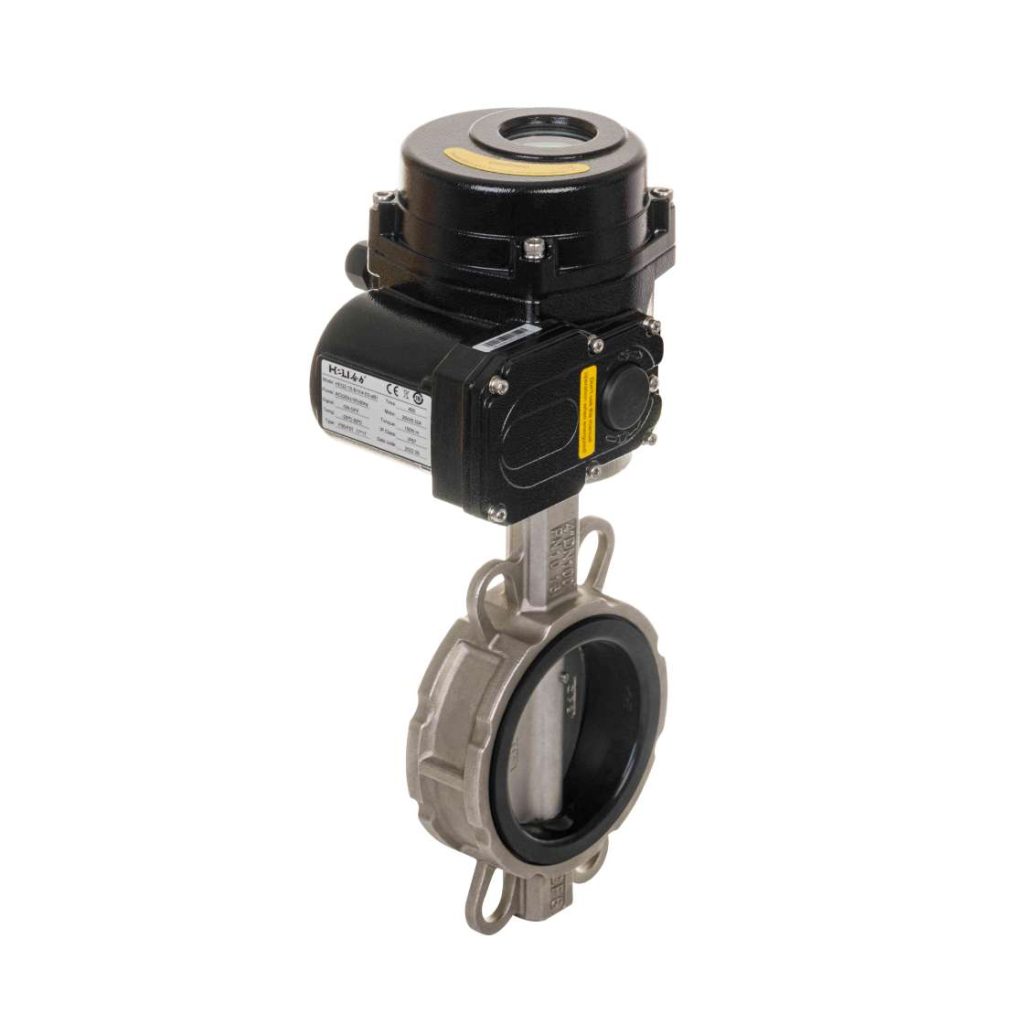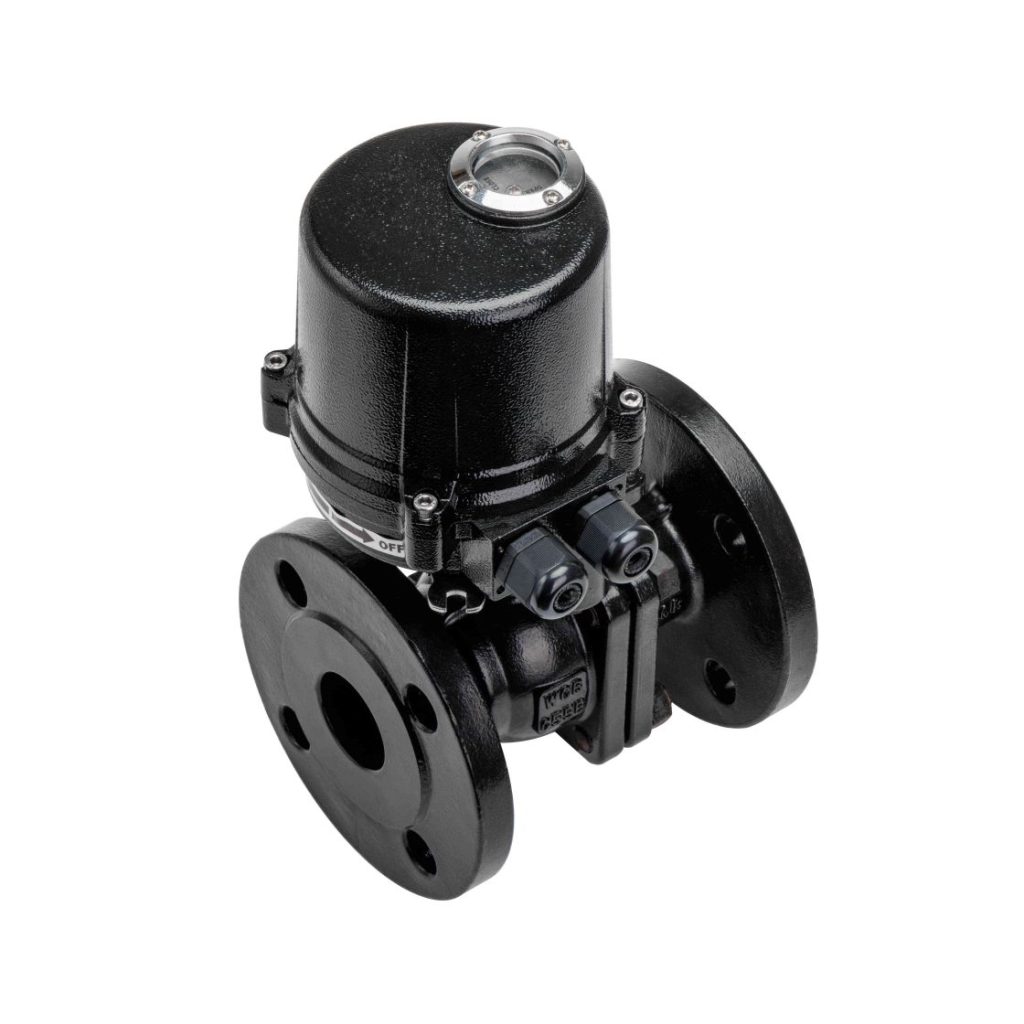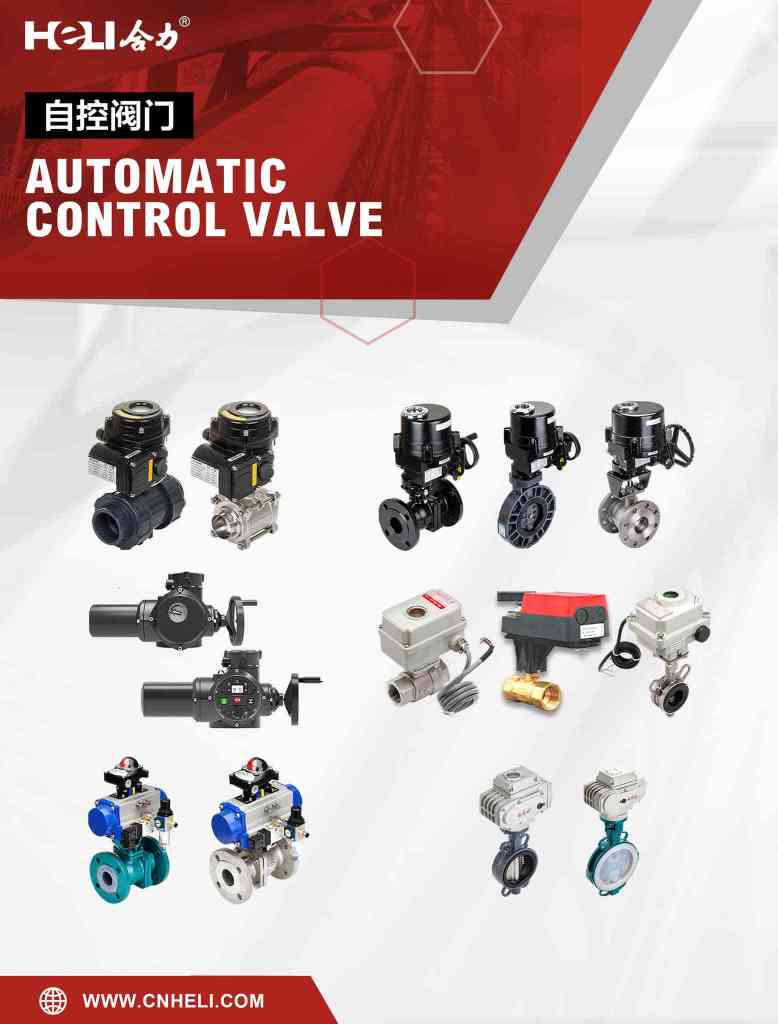Electric valves are crucial components in modern automation systems, widely used in various industries such as water treatment, chemical processing, HVAC systems, and more. By using electrical signals to control the flow of fluids, electric valves provide an efficient, reliable, and precise solution to manage the operations of pipelines and systems. This article aims to explore the functionality, types, advantages, and applications of electric valves, shedding light on their importance in industrial and commercial operations.

What is an Electric Valve?

An electric valve is a type of valve that is powered by electricity to control the flow of fluid within a pipeline or system. The valve is actuated by an electric motor, which receives control signals (such as voltage or current) from a control system. This electrical actuation allows for automated opening, closing, or regulation of the valve, eliminating the need for manual intervention. Electric valves are typically composed of two main components: the valve body and the electric actuator. The valve body is the part that contains the flow channel and controls the flow of fluids, while the electric actuator is responsible for the mechanical movement that opens or closes the valve.

Leave a Reply
You must be logged in to post a comment.